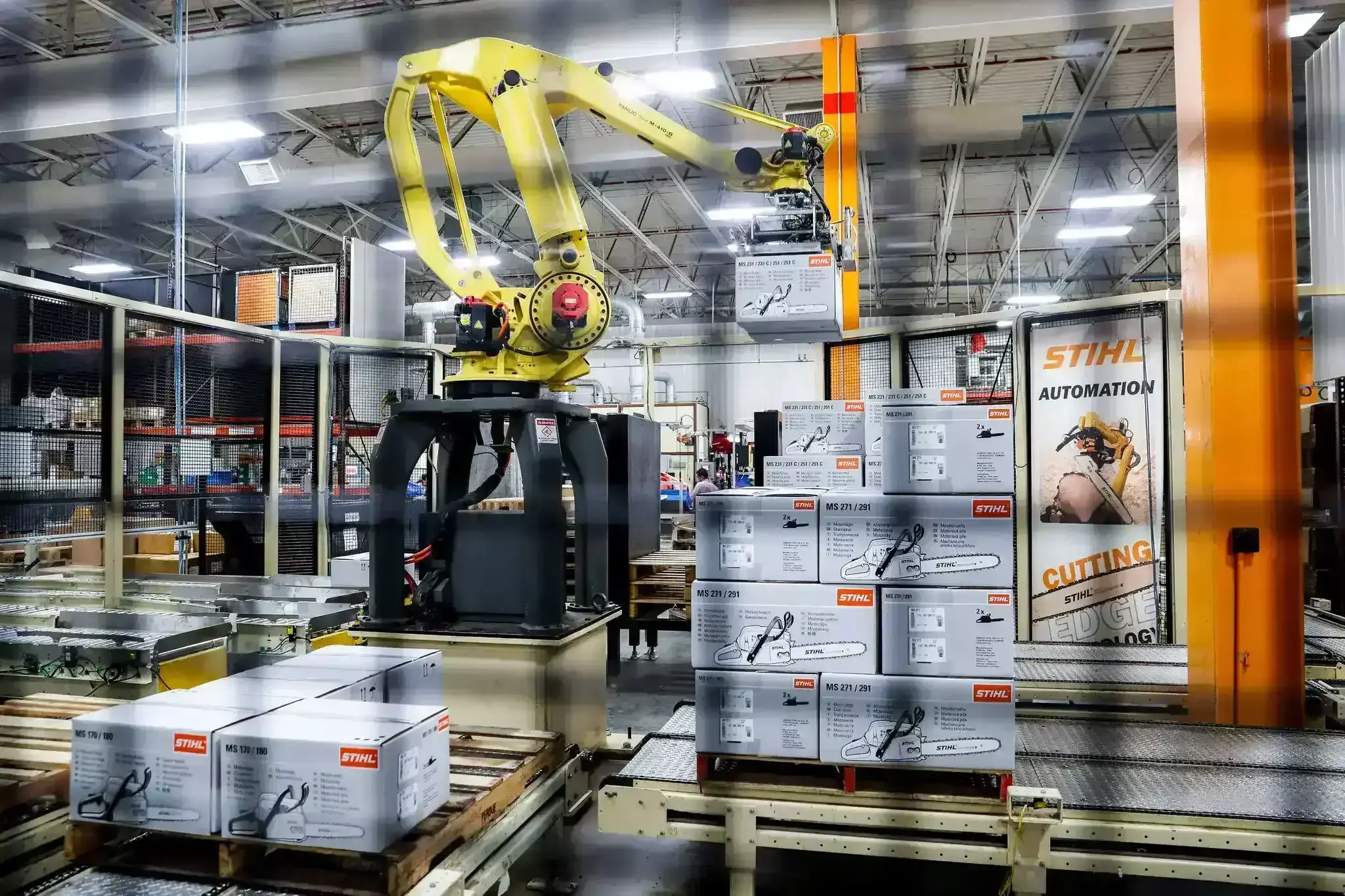German Companies Rethink U.S. Investments Amid Trump’s Tariff Strategy

German firms are rethinking U.S. investments as Trump’s tariffs take effect, with confidence falling and many shifting focus back to domestic opportunities.
German companies, historically among the largest foreign investors in the United States, are starting to pull back amid growing concerns over President Donald Trump’s escalating tariff policies. The shift comes despite Germany investing over $657 billion in the U.S. economy in 2023—more than three times the U.S. investment in Germany.
Recent surveys show a noticeable decline in German corporate confidence in the U.S. market, with only 19% of firms now planning new investments in North America—down from 25%—according to data from Deloitte and the German Chamber of Commerce and Industry.
Tariffs Spark Strategic Reassessment
Since President Trump imposed a new wave of tariffs on April 2, sentiment among German manufacturers with U.S. operations has dropped significantly. Volker Treier, head of foreign trade at the German Chamber, called tariffs “poison,” warning they could undercut decades of transatlantic economic cooperation.
Germany’s automotive sector has been particularly affected, with companies like BMW, Mercedes-Benz, and Volkswagen engaging in talks with Washington to ease import duties. While some firms consider relocating production to the U.S. to bypass tariffs—a move praised by the White House—many others are holding back or redirecting investments back home.
Investing at Home as a Safer Bet
The recent election of German Chancellor Friedrich Merz, who has promised to slash bureaucracy and lower energy costs, has made domestic investment more attractive. A planned €500 billion infrastructure investment by the German government over the next 12 years is further encouraging companies to focus on opportunities at home.
Still, the investment outlook could shift again before the 90-day tariff suspension ends in July, especially if Germany and the U.S. reach a broader trade agreement.
Fairness and the Trade Gap
The trade imbalance between the two nations remains a central issue. Germany exports significantly more to the U.S. than it imports, fueling tensions that Trump has vowed to address. But German business leaders argue that their long-standing contributions—like job creation and local manufacturing—should be factored into negotiations.
“We’ve invested more, and created more jobs in the U.S. than American companies have in Germany,” said Treier. “That’s the true benchmark for fairness.”
Locally Focused Strategies Offer Protection
Some firms, like Stihl and Haribo, have long embraced a local production model. Stihl, which opened a Virginia factory in 1974, has been shielded from the worst of the new tariffs. Yet the company warns that supply chain costs will still rise, especially for imported components.
“Tariffs are taxes,” said Stihl chairman Michael Traub. “In the end, it’s consumers who pay the price.”
Haribo, meanwhile, opened its first U.S. plant in Wisconsin in 2023. “We are pursuing a long-term local strategy, regardless of customs policy,” said Christian Bahlmann, a senior VP at the company.
What’s Next?
Trade negotiations between Washington and Berlin could shape the future of German investment in the U.S., with both sides signaling a willingness to resolve disputes. However, without a deal, the looming tariff deadline could further strain economic ties between two of the world’s largest industrial powers.














